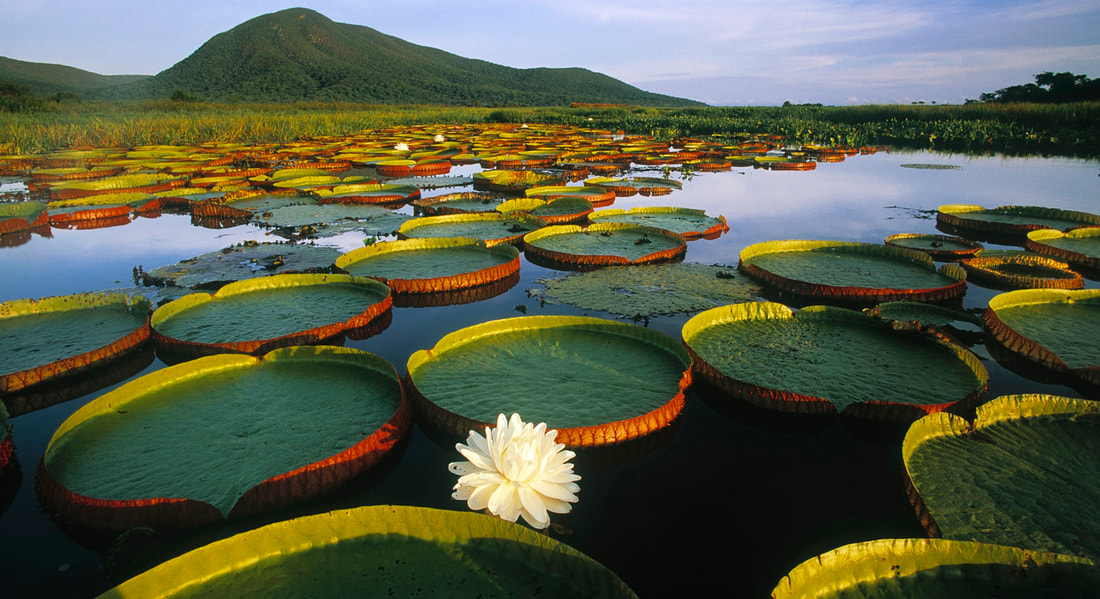It isn't that simple, every time a language dies, part of a culture dies with it. Part of our culture as global citizens dies as well.
So what's the best way to fight this shrink in cultural diversity that globalisation and climate change have brought us? Talk about the native languages that are local to your country/area, teach them in school and try to learn some expressions/words on it.
Now, as some of you might now, I'm native from Portugal and in Portugal there are two official languages, although one is clearly dominant, Portuguese. But today I decided to write about our second official language, Mirandês or Mirandese in English.
The Mirandese language is spoken by around 15,000 people in North-eastern Portugal, close to the border with Spain in the regions of Asturias and Léon. It resembles the language of asturleonese (one of Spain's languages) and Portuguese a lot, in fact there is a total understanding between someone speaking Mirandese and someone speaking Portuguese.
Described as "the language of the farms, of work, home, and love between the Mirandese" this language was basically extinct until in the late 70s when the government started a series of initiatives to help the language. The main one being the admission into the role of official language in Portugal in 1989.
What happened with Mirandese is something that happens with multiple different languages as well, spoken by a poor small region surrounded by two of the world's biggest languages, it was often seen as a badly spoken Portuguese by the population. This allied with the start of TV broadcasts (in Portuguese only) and the urbanisation of the country led to a massive decrease in number of speakers.
What if in 1976 the government hadn't change anything?
Would we still have two languages in Portugal?
Probably not, probably Mirandese would be one of the 9 languages and cultures to have died last year, or the one before, who knows maybe even 10 years ago.
Viva la cultura de Miranda de I Douro.



